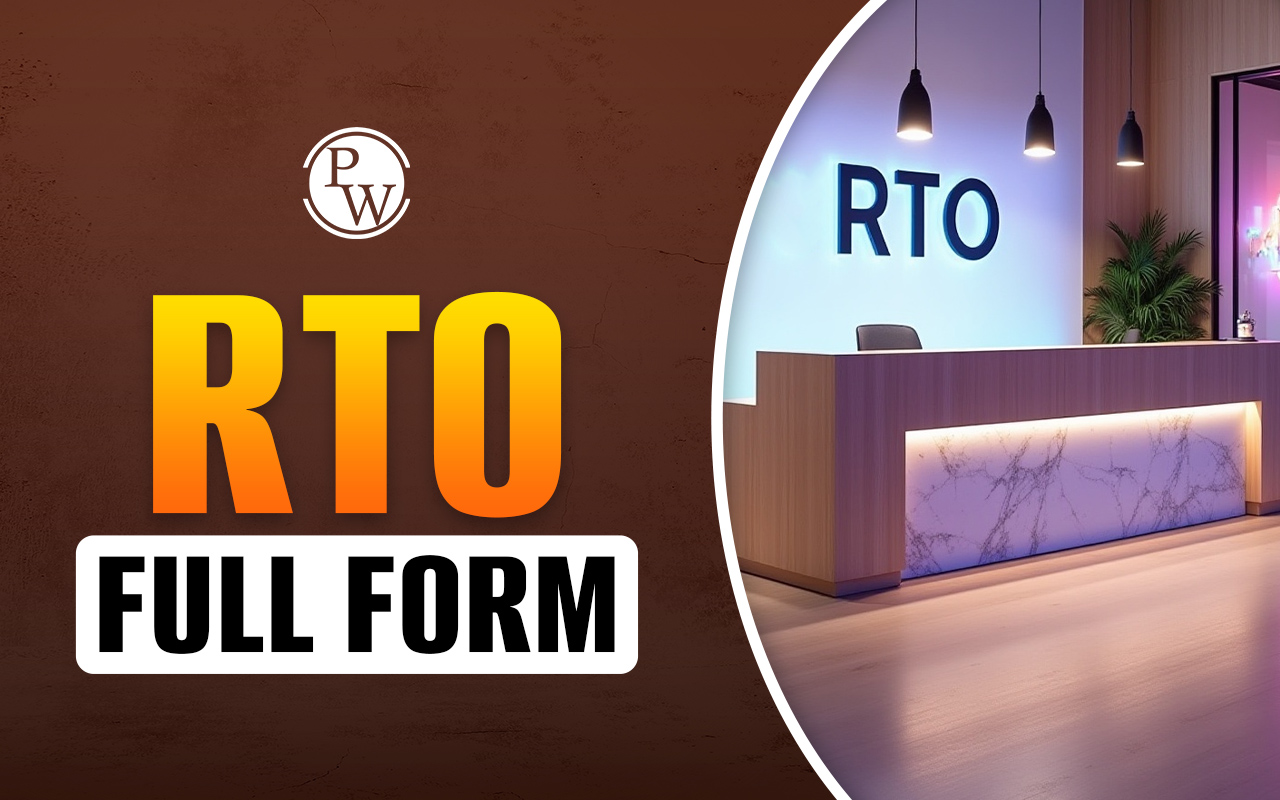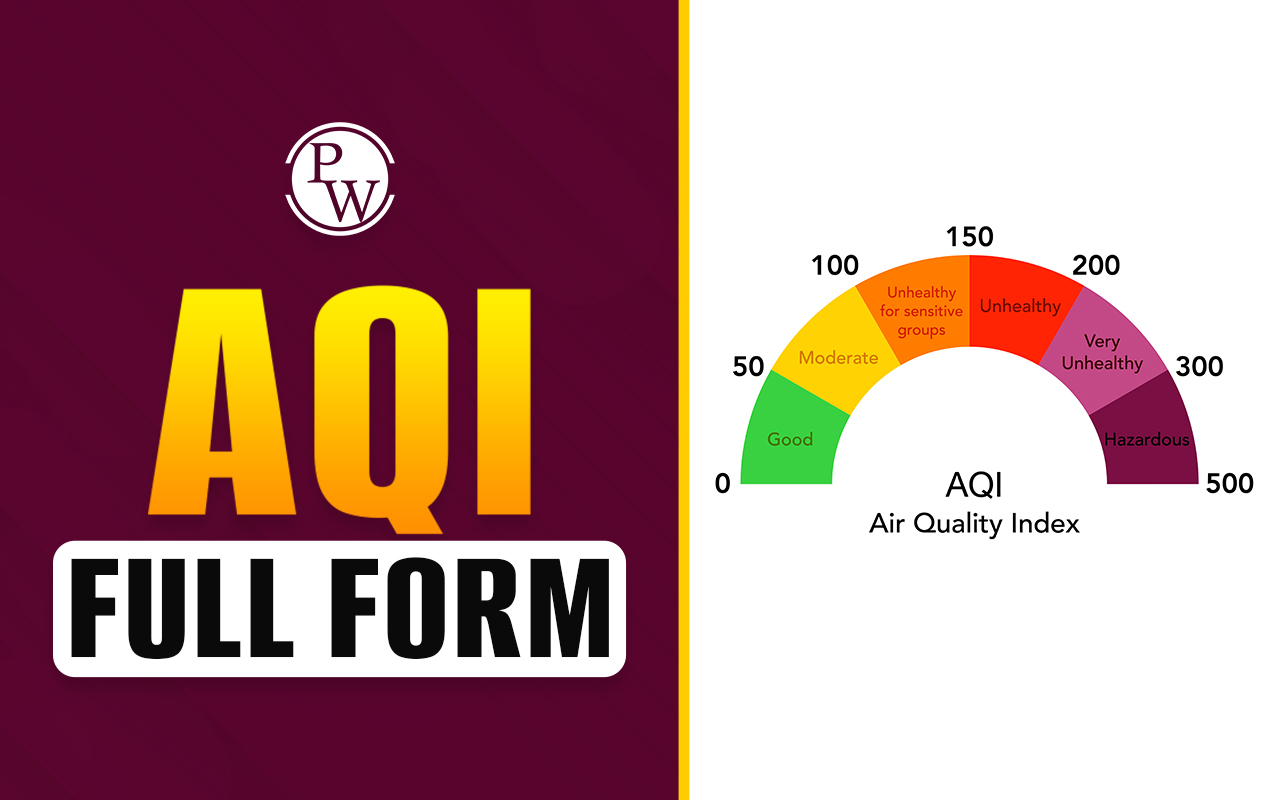

The full form of OCS is “Organic Content Standard”.
What is OCS?
The Organic Content Standard (OCS) is a certification program that sets the standard for tracking organic material throughout the entire supply chain. This standard was created to provide greater transparency and traceability in the organic textile industry.
Defining the Term Organic Content Standard
The Organic Content Standard (OCS) is a third-party certification that verifies the amount of organic material in a product. It is applicable to any non-food product containing organic material, such as textiles, personal care products, and furniture.
The standard defines requirements for tracking and verifying the content and integrity of organic materials from the source of the raw material to the final product.
Releasing Body of the Organic Content Standard (OCS)
The OCS was developed and is maintained by the Textile Exchange, a non-profit organization that promotes sustainability in the textile industry.
The Textile Exchange is a global organization that collaborates with various stakeholders in the textile industry to promote sustainable practices and drive positive change.
Purpose of the OCS
The primary purpose of the OCS is to ensure that products claiming to contain organic materials are genuine and have been produced in compliance with organic farming practices. This standard provides transparency and traceability throughout the supply chain, from the source of the raw material to the final product. It also provides a framework for continuous improvement in environmental and social performance.
History of the OCS
The Organic Content Standard was first launched in 2008 by the Textile Exchange, a global non-profit organization that promotes sustainability in the textile industry.
The standard was created in response to the need for a comprehensive and transparent certification program for organic textiles.
Features of the OCS
The main features of OCS are as follows -
Verification of Organic Material: The OCS requires that all organic material is verified through a chain-of-custody process that ensures the integrity of the organic content.
Transparency: The OCS requires that companies publicly disclose their OCS certification status and the percentage of organic material in their products.
Traceability: The OCS requires that companies keep accurate records of the organic content of their products, including the origin of the organic material and any processing or manufacturing steps.
Labeling: The OCS allows companies to use the OCS logo on products that have been certified as meeting the standard. This logo provides consumers with a clear indication of the organic content of the product.
Continuous Improvement: The OCS requires that certified companies continue to improve their environmental and social performance over time.
Benefits of the Organic Content Standard
The Organic Content Standard provides numerous benefits to both producers and consumers. For producers, the standard helps to increase transparency, traceability, and credibility in the organic textile supply chain. It also provides a framework for continuous improvement in environmental and social performance.
For consumers, the standard provides greater transparency and assurance that the products they are purchasing contain genuine organic material. The OCS logo provides a clear indication of the organic content of a product and helps consumers to make informed purchasing decisions.
Conclusion
In summary, the Organic Content Standard is an important certification program that provides transparency and traceability in the organic textile industry.
The standard ensures that products claiming to contain organic materials are genuine and have been produced in compliance with organic farming practices. It also provides a framework for continuous improvement in environmental and social performance, which helps to promote sustainability and drive positive change in the textile industry.
As such, the Organic Content Standard is an essential tool for promoting sustainability, transparency, and ethical practices in the textile industry.
[wp-faq-schema title=" Full Form of OCS FAQs" accordion=1]
What is organic 100 content standard?
What is the difference between OCS 100 and OCS blended?
Is the Organic Content Standard certificate mandatory?












